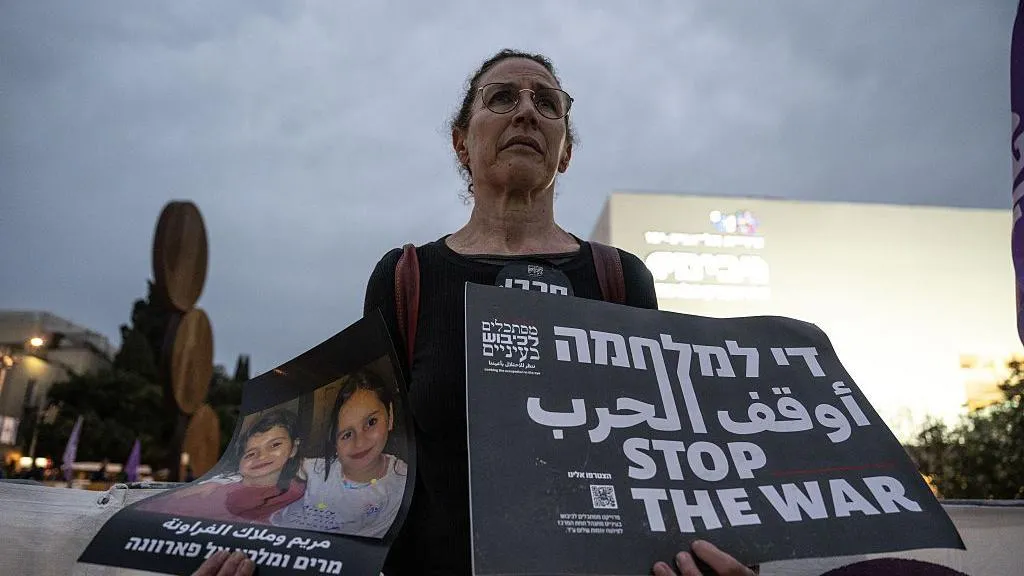Israel's war in Gaza grinds on, but opposition is growing.
In recent weeks, thousands of Israeli reservists – from all branches of the military – have signed letters demanding that Prime Minister Benjamin Netanyahu's government stop the fighting and concentrate instead on reaching a deal to bring back the remaining 59 hostages being held by Hamas.
Eighteen months ago, few Israelis doubted the war's logic: to defeat Hamas and return the hostages.
For many, the January ceasefire and subsequent return of more than 30 hostages raised hopes that the war might soon end.
But after Israel broke the ceasefire and returned to war in mid-March, those hopes were dashed.
"We came to the conclusion that Israel is going to a very bad place," Danny Yatom, a former head of the spy agency Mossad told me.
"We understand that what mainly bothers Netanyahu is his own interests. And in the list of priorities, his interests and the interests of having the government stable are the first ones, and not the hostages."
Many of those signing recent letters are, like Yatom, long time critics of the prime minister. Some were involved in the anti-government protests that preceded the outbreak of war on 7 October 2023 following Hamas's attack on Israel.
But Yatom says that's not why he decided to speak out.
"I signed my name and I am participating in the demonstrations not because of any political reason, but because of a national reason," he said.
"I am highly concerned that my country is going to lose its way."
The first open letter to be published, in early April, was signed by 1,000 air force reservists and retirees.
"The continuation of the war does not contribute to any of its declared goals," they wrote, "and will lead to the death of the hostages".
The signatories urged Israelis to follow their lead before time ran out on the estimated 24 hostages still thought to be alive in Gaza.
"Every day that passes is further risking their lives. Every moment of hesitation is a crying shame."
In the weeks since, similar letters have appeared from almost every branch of the military, including elite fighting and intelligence units, along with a number of decorated commanders.
More than 12,000 signatures all.
After 7 October, hundreds of thousands of Israeli reservists answered the call, eager to serve.
But now, more and more are refusing, with reports suggesting that reserve attendance has dropped to as little as 50-60%.
